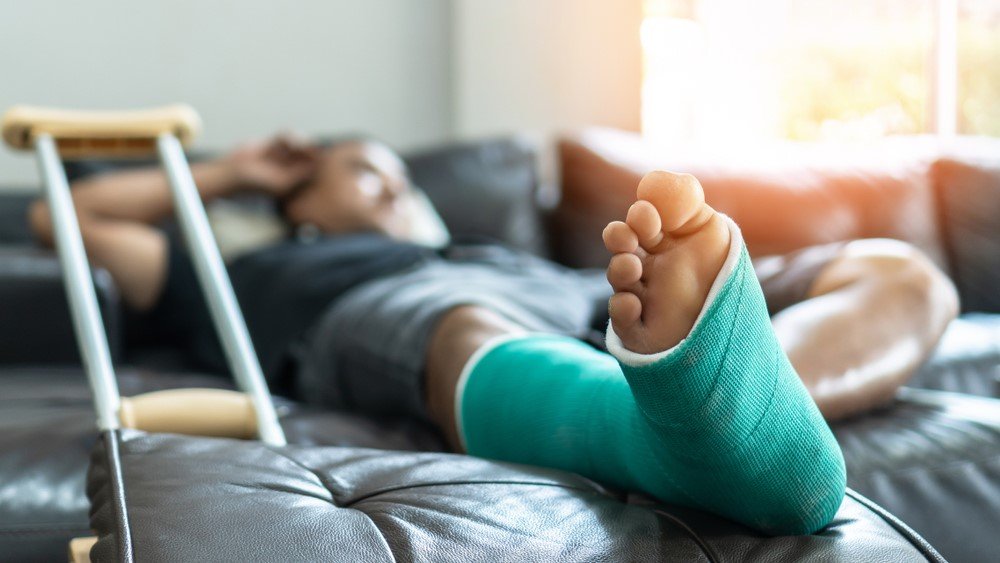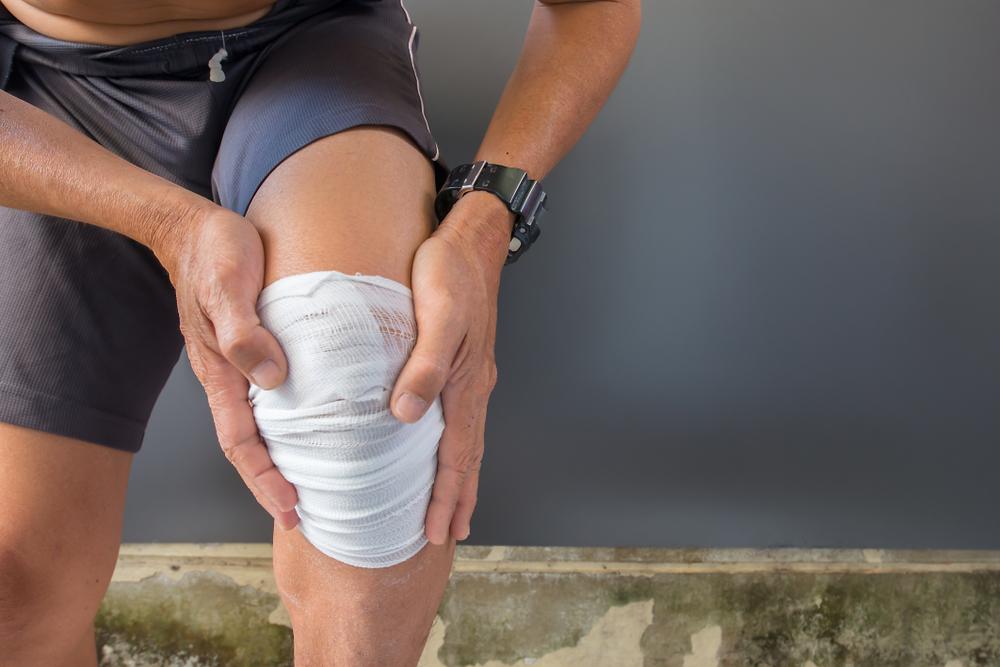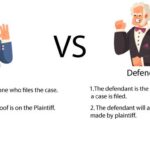Have you ever been in a situation where an accident changes your entire day—or even your life? Maybe someone rear-ended your car at a traffic light, or a careless neighbor’s dog bit you while you were out for a walk. These moments come unexpectedly, leaving you dealing with not just physical pain but also emotional stress and financial loss. That’s when understanding body injury and property damage becomes more than just legal jargon—it becomes personal.
Let’s explore what these terms really mean, how they affect you, and what steps you should take if you ever face such a situation.
Understanding the Basics
When an accident happens, two main types of harm usually occur: bodily injury and property damage. Although both can arise from the same incident, they are treated differently in the legal world.
Bodily injury refers to any harm that affects your body or health. This can include cuts, bruises, broken bones, or even emotional distress caused by the accident.
On the other hand, property damage covers harm to your physical belongings, such as your car, home, phone, or any other personal property.
Even though both are part of a single unfortunate event, how they are handled by insurance companies and the law differs greatly. Knowing this difference can help you navigate claims more confidently and avoid unnecessary confusion.
Why Understanding the Difference Matters
You might wonder, “Why does it even matter if it’s bodily injury or property damage?” The answer is simple—the type of damage determines the type of compensation you can claim.
For instance, if you are injured in a car crash, you might need medical treatment, time off work, and therapy. These fall under bodily injury claims. But if your car got dented or your phone broke in the same accident, those costs are part of a property damage claim.
When you understand what applies to you, you can communicate more clearly with insurance adjusters and lawyers. It ensures you get the full compensation you deserve and prevents others from minimizing your claim.
Common Causes of Body Injury and Property Damage
Accidents can happen anywhere—on the road, at work, or even at home. The most common causes include:
1. Car Accidents
Car crashes are the leading cause of both bodily injury and property damage. From fender benders to serious collisions, even a small impact can result in physical pain and vehicle damage. Drivers, passengers, and even pedestrians can suffer the consequences.
2. Workplace Accidents
Injuries on the job are common, especially in industries like construction, manufacturing, and logistics. Faulty equipment or unsafe environments can lead to both bodily injuries and damage to company property.
3. Slip and Fall Incidents
A wet floor or uneven pavement can easily cause someone to fall and get injured. Sometimes, personal items like phones or watches also get damaged in the fall.
4. Natural Disasters
Storms, floods, and earthquakes can lead to both property destruction and personal harm. While these cases may not always involve legal claims against another person, insurance still plays a crucial role.
5. Dog Bites and Animal Attacks
Animals, especially dogs, can cause serious bodily injuries. In some cases, personal belongings like clothing or accessories may also be damaged during the incident.
Each of these situations carries its own set of challenges. But knowing your rights and responsibilities makes it easier to recover—both physically and financially.
Breaking Down Bodily Injury
When we talk about bodily injury, we often think of visible wounds or broken bones. But it’s not always that simple. Bodily injury includes any harm to your body or mind caused by another’s negligence.
Here are a few examples:
-
Whiplash after a car accident
-
A fractured wrist from slipping on a wet floor
-
A back injury from lifting heavy objects at work
-
Emotional distress after a traumatic event
These injuries can vary in severity, and even minor ones can become serious over time. That’s why getting medical attention right after an accident is so important, even if you “feel fine” at first.
Medical Treatment and Documentation
After any accident, medical treatment should be your top priority. Even small injuries can develop into long-term health issues. Doctors can also provide official documentation of your condition, which becomes essential for insurance and legal claims later.
Here’s what you should do:
-
Visit a doctor immediately after the incident.
-
Keep records of all medical visits, treatments, and prescriptions.
-
Follow medical advice to avoid worsening your injury.
-
Keep a journal of your pain levels and daily challenges.
All this information helps prove the extent of your injuries and ensures your claim is taken seriously.
Understanding Property Damage
Property damage refers to any harm or destruction of physical objects you own. This includes cars, homes, electronics, furniture, and even clothing. In many cases, property damage claims are easier to calculate because they’re based on repair or replacement costs.
For example:
-
Your car gets hit in a parking lot.
-
A fire damages your kitchen appliances.
-
A neighbor’s tree falls and breaks your fence.
While property can often be repaired or replaced, the process still requires evidence and negotiation with insurance companies.

How Insurance Handles Each Claim
Insurance plays a major role in both bodily injury and property damage claims. But the two are handled under different sections of most policies.
1. Bodily Injury Liability
This covers the cost of injuries that you cause to someone else in an accident. It may include medical bills, lost income, pain and suffering, and sometimes even legal fees.
2. Property Damage Liability
This part of your policy covers damage you cause to another person’s property. For example, if you hit someone’s car, this coverage pays for their repairs.
3. Personal Injury Protection (PIP)
PIP, available in some states or countries, covers your own injuries regardless of who caused the accident. It can include medical expenses and lost wages.
4. Collision and Comprehensive Coverage
These cover your property. Collision helps repair your vehicle after an accident, while comprehensive covers damages from non-collision events like theft, weather, or vandalism.
Understanding what your policy includes saves you from frustration and confusion when filing a claim.
The Legal Side of Things
Accidents often lead to legal disputes, especially when insurance coverage isn’t enough or fault is unclear. When someone else’s negligence caused your injury or damage, you might file a personal injury lawsuit.
A personal injury case usually includes both bodily injury and property damage claims. To succeed, you’ll need to prove that:
-
The other person had a duty to act responsibly.
-
They breached that duty through negligence or carelessness.
-
That negligence caused your injury or property loss.
-
You suffered measurable damages as a result.
This legal process might sound complex, but an experienced lawyer can guide you through every step.
Proving Your Case
Evidence is key in any claim. Without it, your chances of fair compensation decrease significantly. You can strengthen your case by gathering:
-
Photos and videos from the accident scene
-
Witness statements
-
Police reports
-
Medical records
-
Repair estimates or bills
The more detailed your evidence, the easier it is to prove your side of the story.
Compensation You May Receive
If you’ve suffered bodily injury or property damage, you may be entitled to compensation for:
-
Medical expenses: hospital bills, medications, therapy
-
Property repair or replacement: vehicle repairs, home restoration, or item replacement
-
Lost income: if your injuries prevent you from working
-
Pain and suffering: for emotional and physical distress
-
Future medical costs: ongoing treatments or surgeries
Each case is unique, and compensation depends on the severity of damages and available insurance coverage.
The Role of a Lawyer
Navigating the aftermath of an accident can feel overwhelming. Between medical visits, car repairs, and insurance calls, the last thing you want is legal confusion. That’s where a personal injury lawyer comes in.
A lawyer helps by:
-
Gathering and presenting evidence
-
Negotiating with insurance companies
-
Representing you in court, if necessary
-
Making sure you receive fair compensation
Hiring a professional takes the pressure off you so you can focus on recovery.
Avoiding Common Mistakes After an Accident
Many people unintentionally hurt their chances of a fair settlement by making small mistakes after an accident. Here are some things you should avoid doing:
-
Admitting fault at the scene—even if you think you caused it.
-
Skipping medical treatment, assuming your injuries aren’t serious.
-
Accepting quick settlements before knowing the full extent of your injuries.
-
Failing to collect evidence or witness information.
-
Delaying the claim process, which can cause complications later.
Being calm and careful can make a big difference in how your case unfolds.
Prevention Is Always Better Than Cure
Of course, the best way to handle bodily injury and property damage is to prevent them in the first place. While accidents are unpredictable, taking precautions can reduce your risk.
Here are a few tips:
-
Drive carefully and avoid distractions.
-
Maintain your vehicle regularly to avoid malfunctions.
-
Follow workplace safety protocols.
-
Secure your property against theft or weather damage.
-
Be mindful of your surroundings when walking or cycling.
Small actions can protect you from major headaches later.
When Insurance Isn’t Enough
Sometimes, the damages exceed what insurance covers. Maybe the at-fault driver is uninsured, or your injuries are far more severe than expected. In such cases, legal action may be your only option.
A lawsuit can help you recover compensation that insurance couldn’t provide. However, it’s important to act quickly, as most jurisdictions have statutes of limitations—deadlines by which you must file your claim.
The Emotional Impact
While we often focus on the financial and physical effects of accidents, the emotional toll shouldn’t be ignored. Dealing with pain, fear, and uncertainty can affect your mental well-being.
Many victims experience:
-
Anxiety when driving again
-
Sleepless nights
-
Loss of confidence
-
Post-traumatic stress
Seeking support from family, therapists, or counselors can make recovery easier. Remember, healing involves both body and mind.
Final Thoughts: Taking Control After the Unexpected
Accidents can shake your confidence and disrupt your peace of mind. But understanding body injury and property damage gives you the tools to take back control. You don’t have to face the chaos alone—medical experts, insurance professionals, and lawyers exist to help you rebuild.
The key is to act quickly, stay informed, and never underestimate your right to fair compensation. Life may take unexpected turns, but with the right knowledge and support, you can always find your way back to stability and peace.


